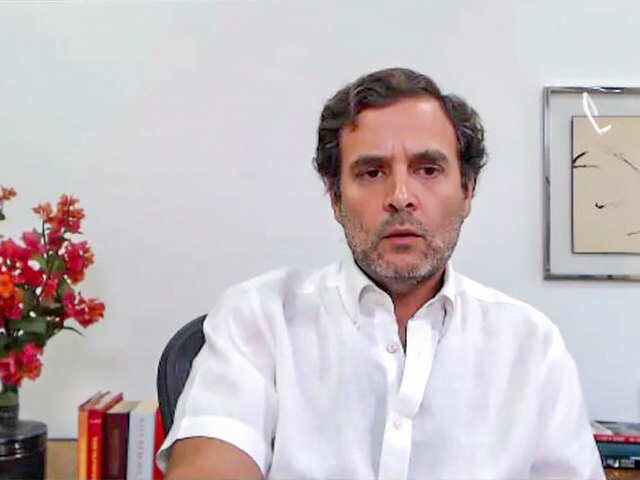The change, effected after detailed inter-ministerial as well as multi-stakeholder consultation, is intended to distance India from any model propagating governments taking “charge” or “balkanising” the Internet. It was unveiled at the recent Budapest Cyber Space Conference.
According to Minister of State for Telecom Sachin Pilot, who led the Indian delegation to Budapest, instead of opposing the U.S.-based Internet Corporation for Assigned Names and Numbers (ICANN) and its operations through an earlier proposal called the U.N. Committee on Internet-Related Policies (UN-CIRP), India will pursue enhanced cooperation through wider dialogue.
“In our meetings with Fadi Chehade, the new CEO of ICANN, I have sought far stronger representation of the developing world on the four ICANN Advisory committees”, Mr. Pilot told.
ICANN’s committees include the “At Large Advisory Committee (ALAC), Governmental Advisory Committee (GAC), Root Server System Advisory Committee (RSSAC) and the Security and Stability Advisory Committee (SSAC).
Countries such as Russia, China, Uzbekistan and Tajikistan have been advocating governance models that seek to place the Internet under U.N. control while the U.S. and western states have been reluctant to move away from the status quo position of ICANN-led Internet governance. India had positioned its UN-CIRP proposal as something that would lie in between these two extremes. But while the international debate continues, it is keen to step up its engagement with ICANN which remains, for the moment, the only game in town.
“The extreme views being floated by some countries on Internet governance could lead to the balkanisation of Internet and we are against any such move, including control of Internet by government or inter-governmental bodies. We seek enhanced dialogue and continuation of a working group to find ways to resolve the sharp differences that currently exist,” Mr. Pilot said.
Mr. Pilot’s position is consistent with that of Telecom Minister Kapil Sibal, who maintained at two recent meetings on Internet governance in India in September 2012, that India was firmly against government control of the Internet while seeking consensus among multi-stakeholders to develop an appropriate model for the effective management of the Internet.
India had attracted criticism from the U.S. and from corporate stakeholders who want no dilution of the current ICANN-run system after it presented its UN-CIRP model for Internet governance last October at the 66th General Assembly of the United Nations in New York.
While the UN-CIRP essentially sought a shift from the existing ICANN-run model that is perceived to be too close to the U.S. government, many domestic stakeholders were critical of the lack of consultation in the run-up to the October 2011 statement. Signs of a rethink in the government were evident when senior officials in the ministries concerned refused to entertain questions on the genesis of the UN-CIRP proposal put to them by The Hindu over the past few months.
In the run-up to the Budapest meet, a UPA task-force held closed-door consultations involving the Ministry of External Affairs, Ministry of Telecom and IT, industry bodies and others. Latha Reddy, the Deputy National Security Adviser, coordinated this effort.
On the issue of India’s earlier UN-CIRP model, Mr. Pilot also confirmed, “We are moving ahead with new proposals. While the existing system certainly needs to be changed, India’s position will include multi-stakeholder involvement and not inter-governmental bodies that may have been proposed in the past.”
The Indian government’s changed stance on Internet governance, though subtle, is expected to generate further attention at the upcoming Internet Governance Forum in Baku, Azerbaijan next month, where thousands of delegates representing governments, business, civil society, academia and media from across the world will collect to discuss the issue ![]()






Comments
Add new comment